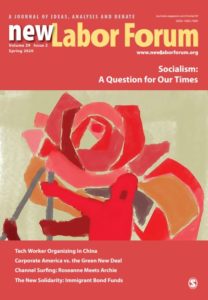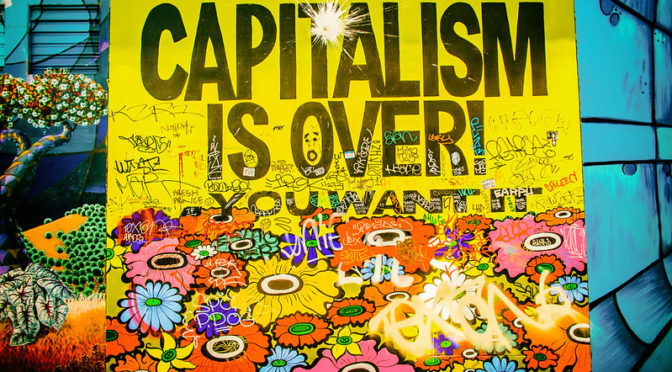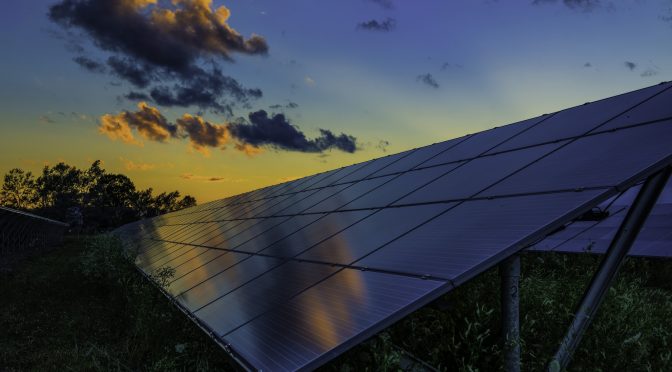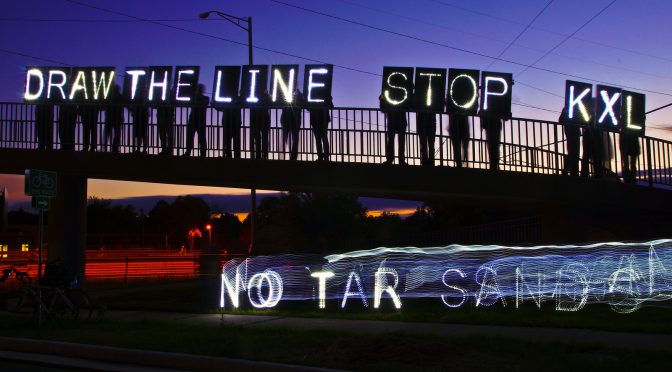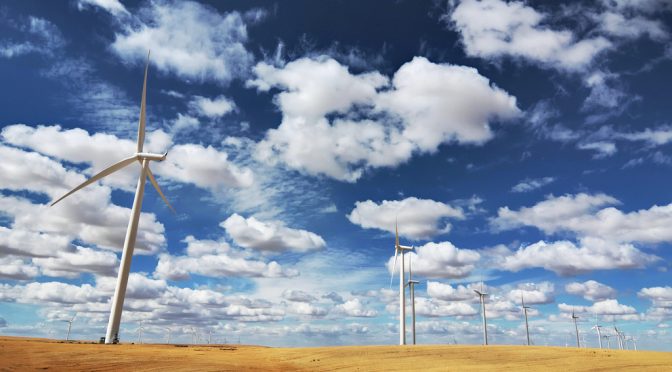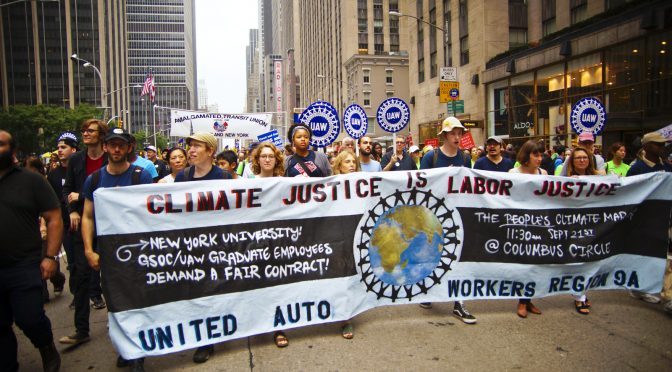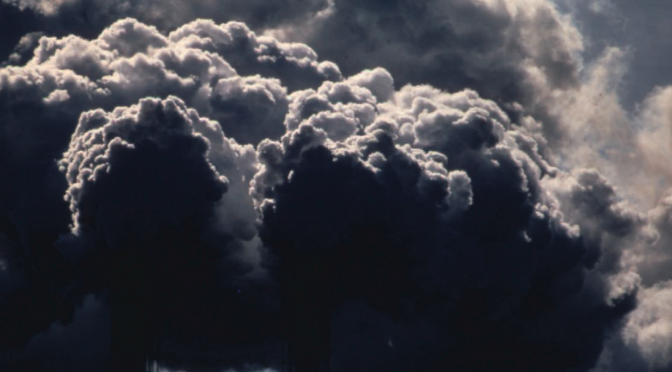This course is open to interested students, labor and climate activists with at least a High School Diploma or GED. Students can email david.unger@cuny.edu or call 212-642-2011 for more information about registration and fees.
Taught by Lara Skinner, Ph.D.
URB451 Special Topics in Urban Studies – Labor and the Climate Crisis
Wednesdays 6:15 – 9:35 pm @ Cornell Conference Center
How can the labor movement and others best respond to the climate crisis? How can unions work to protect both the environment and good jobs? This class will give students a foundation in the scientific, social, and political aspects of the looming crisis. Students will explore how they can more effectively engage their unions, movement activism, and scholarship in efforts to protect the environment and our future.
Instructor: Lara Skinner, Ph.D., Associate Director of The Worker Institute at Cornell and Co-Chair of the Institute’s Labor Leading on Climate Initiative. Skinner has worked for unions doing campaign research and policy development since 1999. She began her career in labor working with Oregon’s Farmworkers Union (Pineros y Campesinos Unidos del Noroeste) and as an active member of the Graduate Teaching Fellows Federation, Local 3544. Skinner’s current research, writing, and labor education work focuses on increasing the role of unions and working people in addressing the environmental and climate crises and building a powerful, inclusive movement for climate and economic justice.
Registration for the class will open soon! Students must register through CUNYFirst. For more information on registering using CUNYFirst, call Orson Barzola at 212-340-2871. Registration is on a first-come basis, and is limited to 25 students.
Photo by Joe Brusky via flickr (CC-BY-NC)
